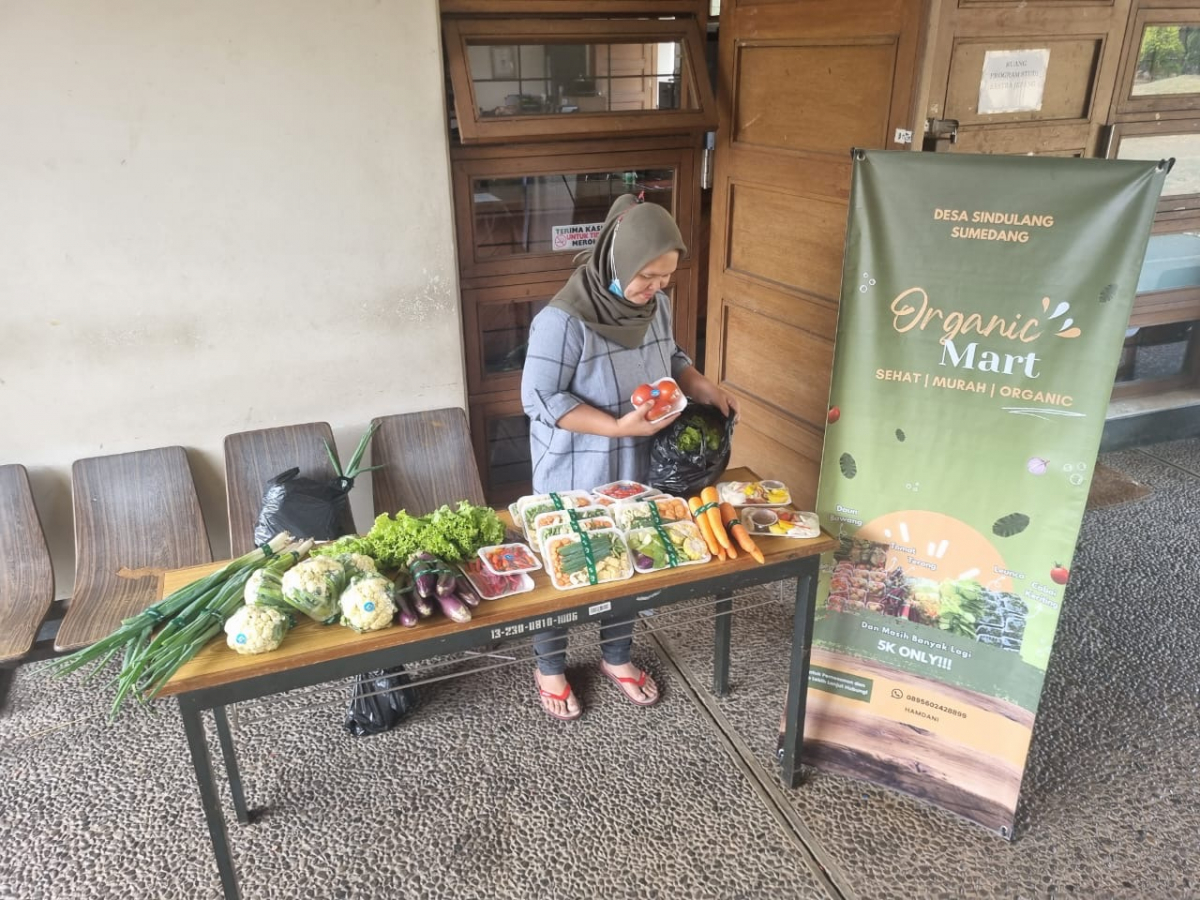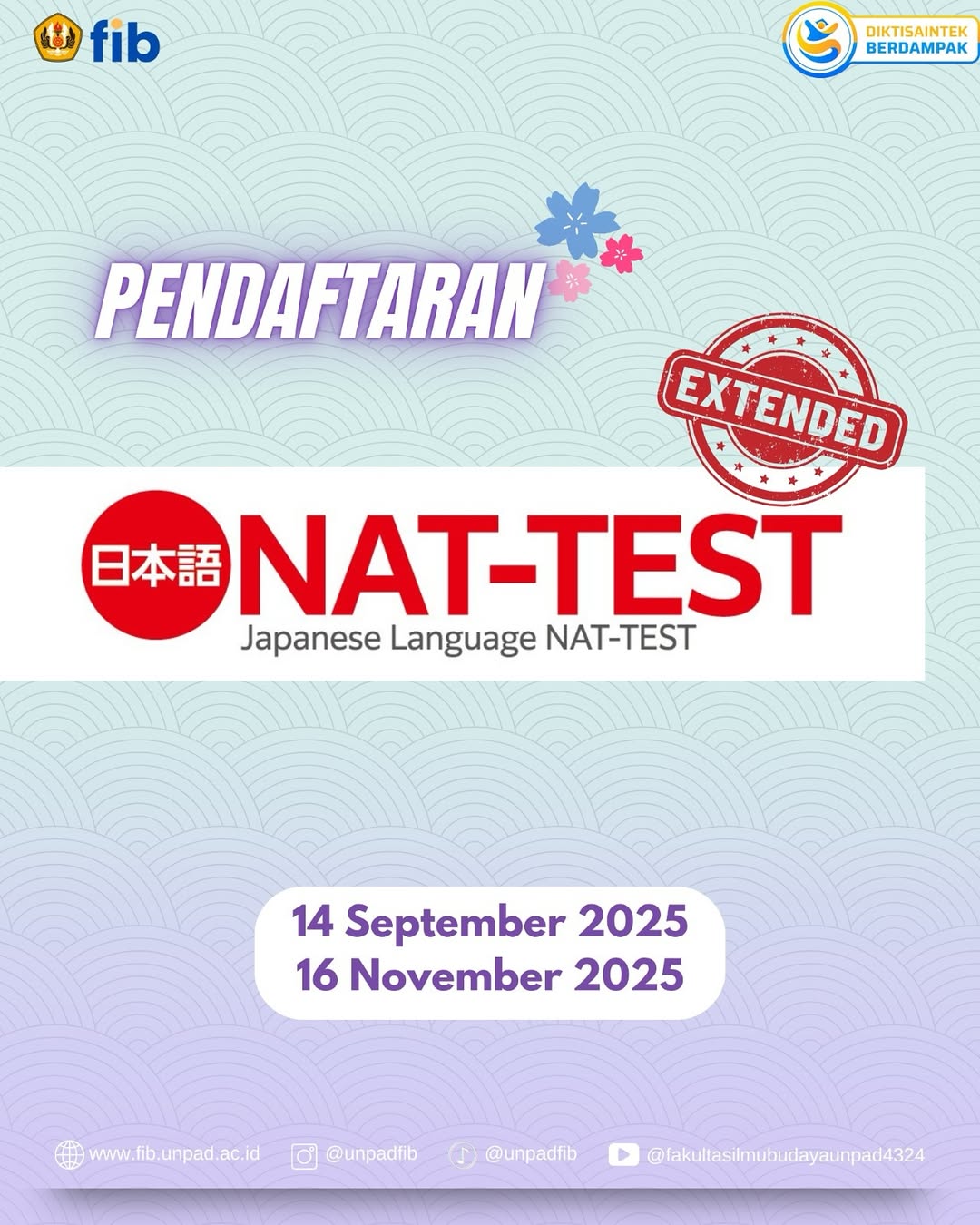
Culture of Care: FIB Unpad Students and Local Communities Practice Sustainability Together
The Faculty of Cultural Sciences (FIB) Universitas Padjadjaran has shown its commitment to the Sustainable Development Goals (SDGs) through a student-led community clean-up initiative. The activity, rooted in the spirit of volunteerism and care for the academic environment, reflects both local and global traditions of collective action.
Students carried out the program under different cultural terms: in Japanese it is known as “Kirei-kirei”, in Russian as “Subotnik”, and in Sundanese as “Bebersih”—all emphasizing communal work for the sake of shared spaces. For FIB Unpad students, the clean-up was an expression of love and responsibility toward their faculty environment, while also fostering awareness of sustainability in daily practices.
The program was not conducted by students alone. It also involved collaboration with non-governmental organizations (NGOs) that have partnered with FIB Unpad through various faculty research and community service (PKM) programs. Among them were local farmer groups and elementary schools in the Jatinangor area, who joined hands with the students in promoting environmental cleanliness and collective awareness.
Pak Asep, a local farmer from Sumedang who has long partnered with FIB Unpad, emphasized the importance of shared responsibility: “For us, joining this clean-up is part of our duty. Since our harvests are allowed to be marketed on the FIB campus, we feel responsible to also care for its environment. This activity strengthens our bond with the faculty and the students.”
One of the participating students also reflected on the initiative: “Doing Kirei-kirei, or Sebersih in our Sundanese tradition, is more than just cleaning. It is about building a sense of togetherness, responsibility, and contribution to the community we are part of. We want our campus to reflect our care for both culture and sustainability.”
This initiative represents the integration of academic values, cultural traditions, and community collaboration as part of FIB Unpad’s effort to align its academic environment with the goals of sustainable development. By engaging students, NGOs, and local communities, FIB Unpad continues to foster holistic learning and practice-based approaches to sustainability, in line with the vision of strengthening education, partnerships, and community well-being.
Red. Hilman Fauzia Khoeruman




